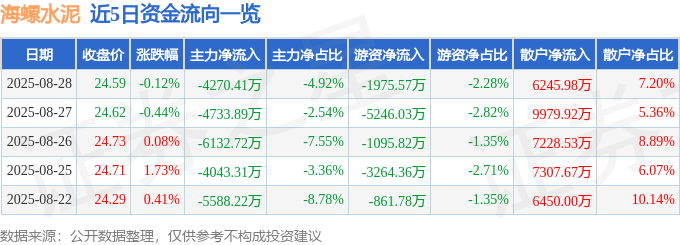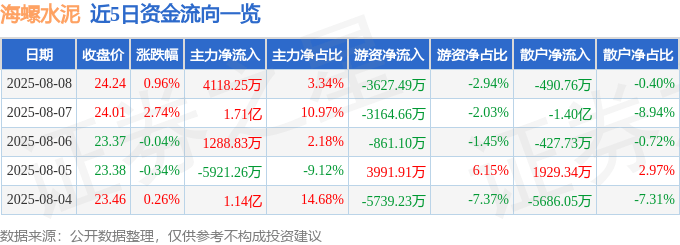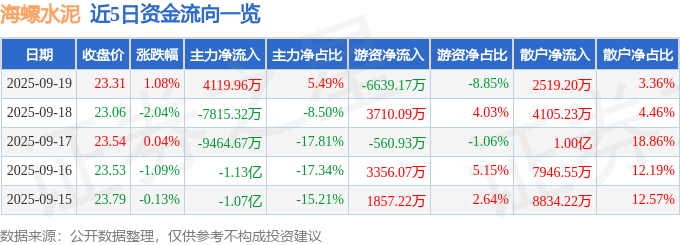金融英语:marketable securities 有价证券?流通证券?适销证券?
本文原创首发于公众号:紫风法律金融翻译
marketable securities是有价证券还是流通证券?我原来写过一篇推送,认为是“短期证券”,但是找到了更好的翻译,并且想说明一下此“有价证券”非彼“有价证券”。
有一位资深法律翻译说marketable securities一般翻为“有价证券”,因为香港SFC词汇表也是这个,但是在PE语境下翻为“流通证券”,因为PE律师改为了这个。
marketable securities在字典里能查到“有价证券”、“可供出售证券”和“适销证券”的翻译。那么究竟该用哪个呢?我们先看一下这些词的定义吧。
(Investopedia ) Marketable securities are securities or debts that are to be sold or redeemed within a year. Stocks, bonds, short-term commercial paper and certificates of deposit are all considered marketable securities because there is a public demand for them and because they can be readily converted into cash...marketable securities are classified as either a marketable equity security or a marketable debt security...The return on these types of securities is low, due to the fact that marketable securities are highly liquid and are considered safe investments.
有价证券:标有票面金额,用于证明持有人或该证券指定的特定主体对特定财产拥有所有权或债权的凭证。
有价证券可以从不同角度、按不同标准进行分类。比如按证券适销性分类 ,可以分为适销证券和不适销证券。
适销证券:证券持有人在需要现金或希望将持有的证券转化为现金时,能够迅速地在证券市场上出售的证券。这类证券是金融投资者的主要投资对象,包括公司股票、公司债券、金融债券、国库券、公债券、优先认股权证、认股证书等。
短期证券:各种能够随时变现、持有时间不超过一年的有价证券以及不超过一年的其他投资。短期证券的变现能力非常强,因为公司可以随时在证券市场出售,这些有价证券,因此常被人们称为"准现金"。
流通证券:亦称“可转让证券”,可以经过转让而自由流通的证券。流通证券作为流通手段使用的证券,而不是说能够流通就是流通证券。例如汇票、支票等票据,可以按照票据法规定的方式自由流通,而且其流通的法定方式简捷便利,能够迅速完成,加之转让次数越多,票据信用度越高,可靠性愈强,因而比其他一般有价证券的流通性要强。
以上,有价证券强调的是有票面金额,而marketable securities和适销证券、短期证券、流通证券强调的都是(在一年内)能够快速变现或者流通性强。
展开全文
关于“可供出售证券”的说法,又要引出以下“持有至到期/交易性/可供出售”的中外会计概念,其中国外会计是将债权投资和股权投资分开来核算的。注:我国会计已经取消“持有至到期/交易性/可供出售资产”的说法了,换了很复杂的说法,但是国外还保留着,而且这样写一般会计都看得懂,方便理解。
流动资产(1年内变现)包括交易性金融资产 。
交易性金融资产:企业为了近期内出售而持有的金融资产,如企业以赚取差价为目的从二级市场购入的股票、债券、基金等。
非流动资产(不准备在1年内变现)包括长期投资。长期投资包括可供出售金融资产、持有至到期投资和长期股权投资等。
(1)可供出售金融资产:初始确认时即被指定为可供出售的非衍生金融资产,以及没有划分为持有至到期投资、货款和应收款项、以公允价值计量且其变动记入当期损益的金融资产的金融资产。
(2)持有至到期投资:到期日固定、回收金额固定或可确定,且企业有明确意图和能力持有至到期的非衍生金融资产,包括企业持有的、在活跃市场上有公开报价的国债、企业债券、金融债券等。
Investments in debt securities
1) Held-to-maturity: Debt securities that he company has the positive intent and ability to hold to maturity. (No plans to sell, valuation approach: amortized cost)
2) Trading: Debt securities bought and held primarily for sale in the near term to generate income on short-term price differences. (Valuation approach: fair value)
3) Available-for-sale: Debt securities not classified as held-to-maturity or trading securities. (Valuation approach: fair value)
Investments in equity securities
1) Holdings of less than 20 percent (fair value method) —investor has passive interest, including trading and available-for-sale ones.
2) Holdings between 20 percent and 50 percent (equity method) —investor has significant influence.
3) Holdings of more than 50 percent (consolidated statements) —investor has controlling interest.
以上,marketable securities在一年内变现,而可供出售证资产不准备在一年内变现,更别说可供出售证券,所以翻为“可供出售证券”也不准确。
那么香港证监会的词汇表为什么将marketable securities翻为“有价证券”?我猜想是香港法下的相关定义和大陆不一样,而香港这么用,大陆也跟着那么用了,毕竟很多译者都喜欢找香港双语文本学习。
有翻译朋友找到了香港法下的定义:Debentures, stocks, shares or bonds of any government or any local government authority or of any body corporate, association or society, and including any right or option in respect of shares in any body corporate and any prescribed interest.
果真香港法下的相关定义和大陆是不一样的,对于香港而言,marketable securities翻为“有价证券”是没有错的,但是大陆借鉴了这个翻译就是错误的了。
知乎也有人提问marketable securities是什么意思,这个解答也很好的说明了这个问题。一般人哪会清楚marketable securities和有价证券的定义区别,约定俗称地就用了这个翻译,但是真正学过中外财会金融知识的人才会知道这两者是有差别的。注:“以公允价值计量且其变动计入当期损益金融资产/负债”就是现在我国会计采取的比较复杂的说法。
以上,因为短期证券有short-term securities,所以marketable securities翻为“流通证券”、“适销证券”比较好,就我国而言,其属于有价证券的分类之一,但不排除有些国家采取的是像香港这样广义的定义,在诸如香港的情况下,翻为“有价证券”。
作者:Stephanie Pan 潘茹珺 资深法律财经翻译
(微信:legal_pan,公众号:紫风法律金融翻译)









评论